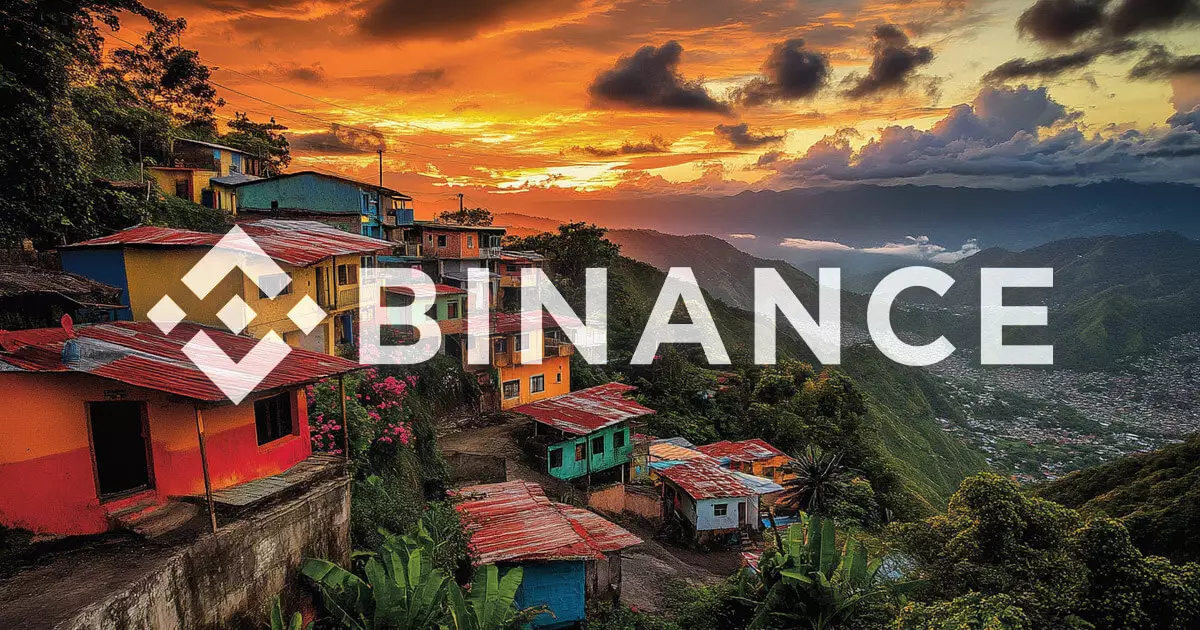Binance, the largest cryptocurrency exchange by trading volume globally, has confirmed that the Venezuelan government has restricted access to its website following controversial presidential election results. This restriction is not only limited to Binance but also extends to various websites of companies from different segments in Venezuela, as well as social networks. The government’s move to restrict access to Binance poses a significant challenge for Venezuelans who heavily rely on the platform for peer-to-peer transactions of stablecoins like USDT and Bitcoin due to the severe devaluation of the local currency, the bolivar.
The restriction on access to Binance has raised concerns among Venezuelan users about the security of their funds and the ability to continue engaging in cryptocurrency transactions. Local group VE sin Filtro has advised users to utilize virtual private networks (VPNs) to bypass the blockade and access the platform. However, there is uncertainty among users regarding the potential negative implications of using VPNs and other circumvention tools on their accounts on the crypto exchange. Journalists and users have questioned whether Binance will apply the same policies to Venezuelan users as they do to users in other countries facing restrictions.
Government Actions and Social Media Ban
In addition to restricting access to Binance, President Nicolás Maduro imposed a 10-day ban on the social media platform X, accusing owner Elon Musk of “inciting hate and fascism.” This ban was enforced through a resolution from the telecommunications regulator Conatel to remove the platform from circulation. The restriction on social media access follows the declaration of Maduro’s victory in the July 28 election, prompting opposition groups to challenge the results by showcasing their candidate, Edmundo González, as the winner.
Despite the significant impact of the internet and social media restrictions on Venezuelan users and businesses, Binance has yet to provide additional commentary on the situation. The lack of response from the cryptocurrency exchange raises questions about the company’s stance on government restrictions and user privacy in countries like Venezuela. Concerns remain about the long-term implications of the internet restrictions on financial transactions and communication channels for Venezuelan citizens.
The internet restrictions imposed by the Venezuelan government have major implications for cryptocurrency users and businesses operating in the country. The uncertainty surrounding access to platforms like Binance and social media networks highlights the challenges faced by Venezuelan users in maintaining financial autonomy and freedom of expression in a politically volatile environment. Moving forward, it is crucial for companies like Binance to address the concerns of users and maintain transparency in their operations amid government-imposed restrictions.



















Leave a Reply